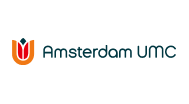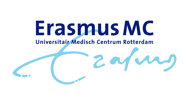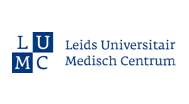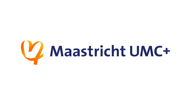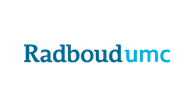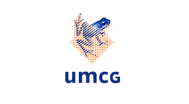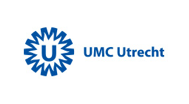8. Digital data exchange
The right information, in the right place, at the right time for healthcare providers, researchers and patients. This contributes to better (network) care and better scientific research. Healthcare information in understandable language helps patients to keep control of their care. In this way we work on better health for everyone.
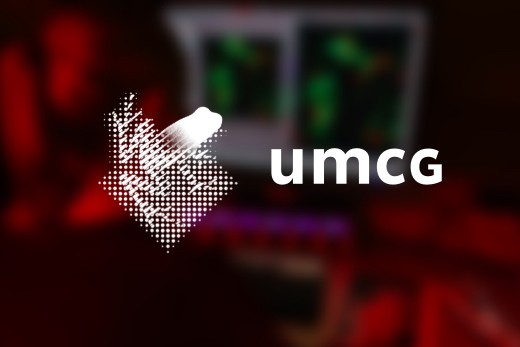
With the 'From Cure to Prevention' project, UMCG is realising boundary conditions for linking to Personal Health Records (Persoonlijke Gezondheidsomgevingen, PGOs). This permits contributions to be made to prevention, together with the citizen, that matches their need. Soon information can be exchanged with every PGO or for applications in research and care. Read more

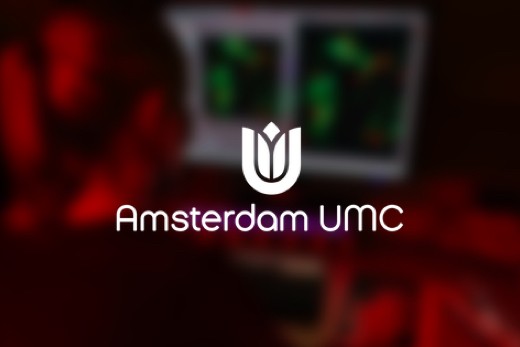
Doctors, radiologists and software developers of Amsterdam UMC developed the StrokeViewer programme, elaborated by NICO-lab. Doctors send CT images to StrokeViewer, to determine the location of the blood clot. The programme indicates whether the patient is suitable for a rapid removal of the blood clot, which limits the brain damage. The patient can then go to the hospital where the intervention will be done. Read more.

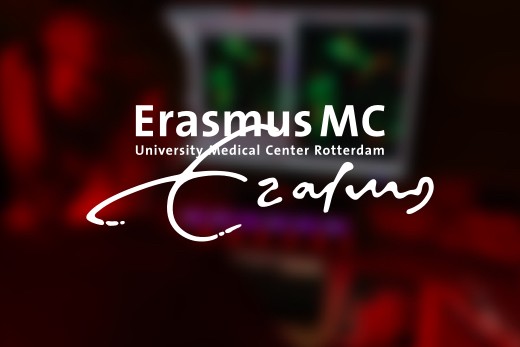
With Digital Research Environments (DREs), researchers can collaborate globally 24/7. This takes place in a virtual environment with the desired amount of computing power, data storage and the right data and applications. Radboudumc, UMC Utrecht and Erasmus MC are working on the continuing development of DRE. Read more

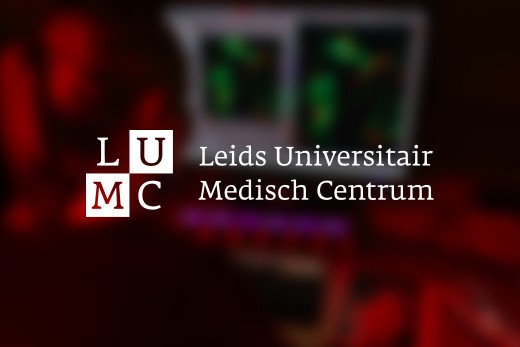
In ‘Healthy and Happy The Hague’, the LUMC, Haga Hospital and HMC share health data in a secure system of CBS. The LUMC Campus The Hague combines these data with social-demographic data from the CBS to obtain insight into neighbourhood-specific health gaps and provide advice for happier and healthier residents. Read more

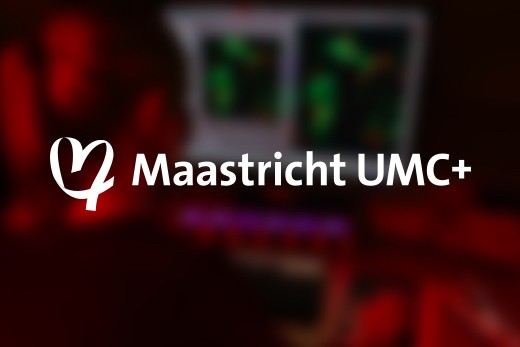
By implementing the Patient Summary and healthcare information building blocks, healthcare information in the Maastricht UMC+ can now be reused for: healthcare (internal), data exchange with other healthcare institutions (for example, BgZ), Quality Institute (via the HL7 CDA -message) and research. The administrative burden is reduced as a result. Watch the video

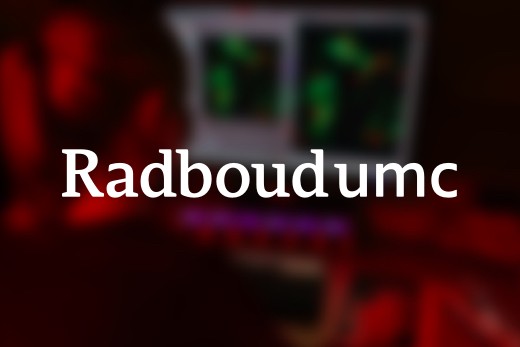
The Ophthalmology Department of the Radboudumc obtains the data for the quality registration for cataract operations directly from the EPD. The data are recorded during the care process. This means that provision to the quality registration does not take any time any more. The data that are recorded once form a good basis for analysis, benchmarking and feedback. Read more

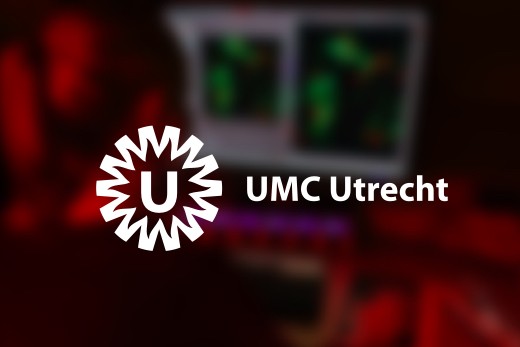
In the Utrecht region there is an intensive collaboration for oncological care between the different hospitals. Currently, the available Electronic Patient Files (EPD) do not support the exchange of patient data. The hospitals have concluded an agreement to change this situation with the aim to realise an automated link between the different EPDs. Read more


